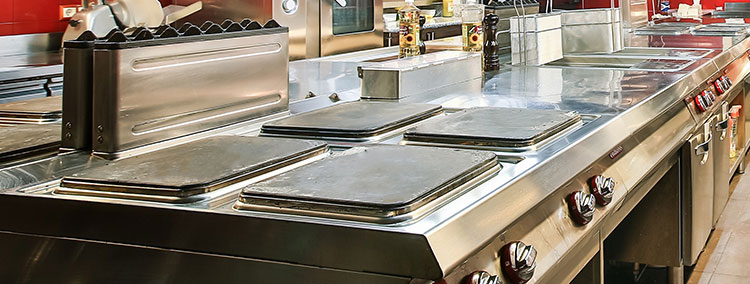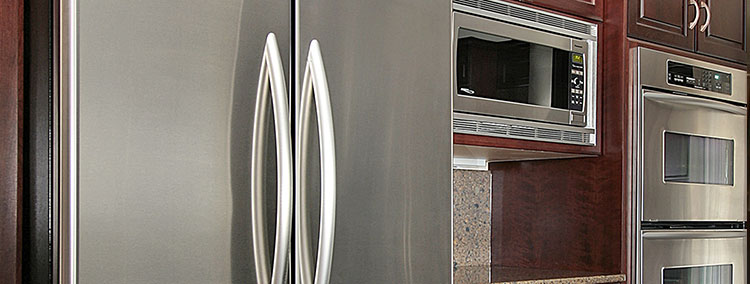According to washer repair professionals, the primary reason homeowners damage their washing machines is due to improper use. Have you been having issues with your appliance? Here are washing machine dos and don’ts:
Do read the tags
It’s no secret washing machines have come a long way, but despite all the technological advancements, they can’t read tags and tell the right settings. It’s up to you to do it.
You should note that failure to read the tags results in color bleeding, fabric shrinking, and even damage to your priced attire.
Don’t use extra detergent.
You might have the impression using extra laundry detergent will get the clothes cleaner, but this isn’t the case. You are better off washing your load twice in a row with a normal amount of detergent than use extra detergent.
If your clothes are too dirty, use the prewash setting that you can use to remove the extra dirt. The reason you shouldn’t use extra detergent is because extra soap won’t rinse away properly, so you will have your clothes still with soap by the time you are removing them from the washing machine.
Extra detergent also means water will remain in your clothes and wind up deposited on the interior of your washing machine, where it risks gunking up the appliance components.
Do balance the machine.
An unbalanced washing machine is not only noisy, but it also works harder, so you end up with a huge electricity bill at the end of the month. The overworking appliance also tends to have a shorter lifespan.
To solve this, balance your washing machine. Thankfully, the process is simple as it involves adjusting the machine on the bottom corners, which takes a few minutes, and you don’t need to involve a professional.
Don’t leave wet clothes inside.
When you are multitasking, it’s normal to forget you have clothes in your appliance, and they sit there for a long time. This is wrong as the clothes tend to grow mildew and smell, which is bad for you, your washing machine, and your clothes.
To avoid this, set a timer on your phone to know when the cleaning cycle is complete. Don’t let the clothes sit here for long. Switch them immediately to avoid a smelly, damaged load.
Do clean the washing machine.
Since you use the washing machine to clean the clothes, it remains clean, so you don’t need to clean it, right? Wrong. Like any other appliance, you should clean your washing machine regularly.
Set the machine to a hot cycle and add a cup of vinegar to it. This will sanitize it and remove the off-putting smells. You don’t need to involve a technician but if you aren’t handy, let them help you out.
Don’t overload the machine.
Cramming the entire load in one go won’t save water or energy. You also won’t complete your work fast. Clothes crammed in the washing machine don’t move around enough to get a proper clean, so you are forced to rewash them.
For best results, put just enough clothes in the washing machine.
In the same way, you shouldn’t overload the machine, you shouldn’t wash small loads using a large load cycle as the machine will consume a lot of water and energy. Use the right cycle for your load size.
Do empty your pockets.
Before you put the clothes in the washing machine, check whether there are tissues, coins, keys, or any other item in your pockets. Remember, even a small item such as a coin or metallic button can damage the washing machine. Items such as tissues can cover the entire load in white fluff, forcing you to repeat the cleaning.
Do let expert professionals handle complex faults.
Even with the best care, it’s common for the washing machine to develop problems. For example, the water pipe can get blocked. When such issues come about, unless you have the skills, let a certified and experienced commercial appliance repair Alexandria technician handle them.
You don’t want to attempt fixing the appliance and cause more problems than were initially there, do you? When hiring the repair technician, ensure they are experienced enough. They also should be insured so you are safe in the event of an accident.

